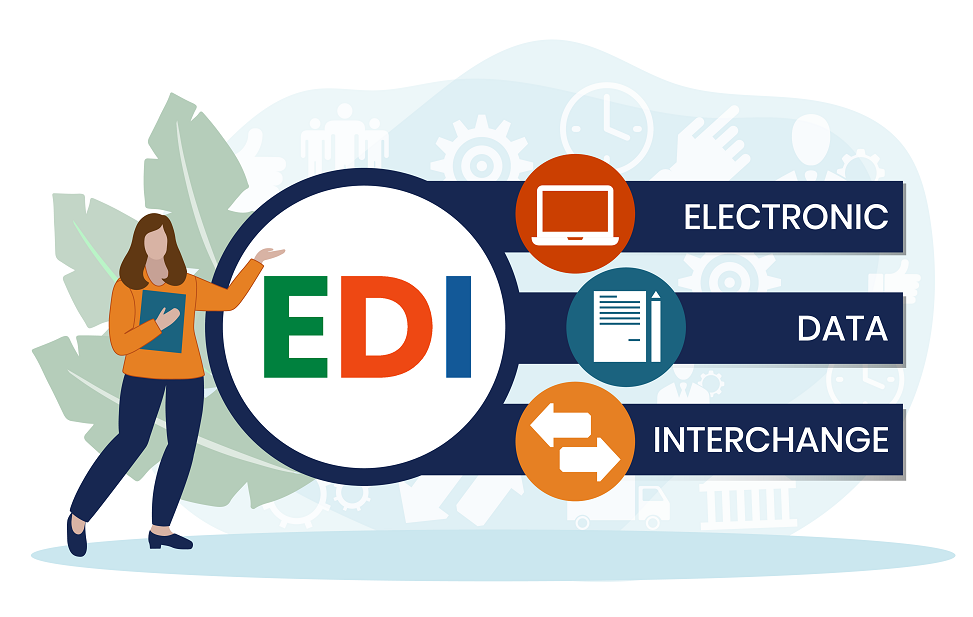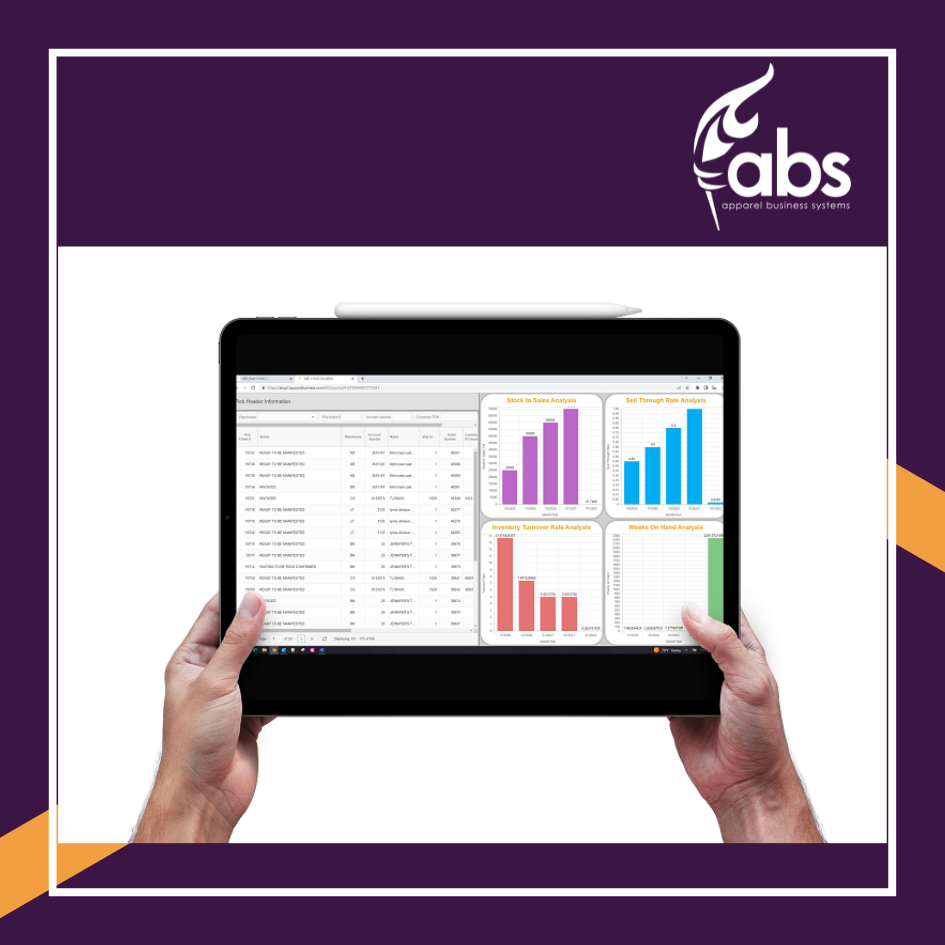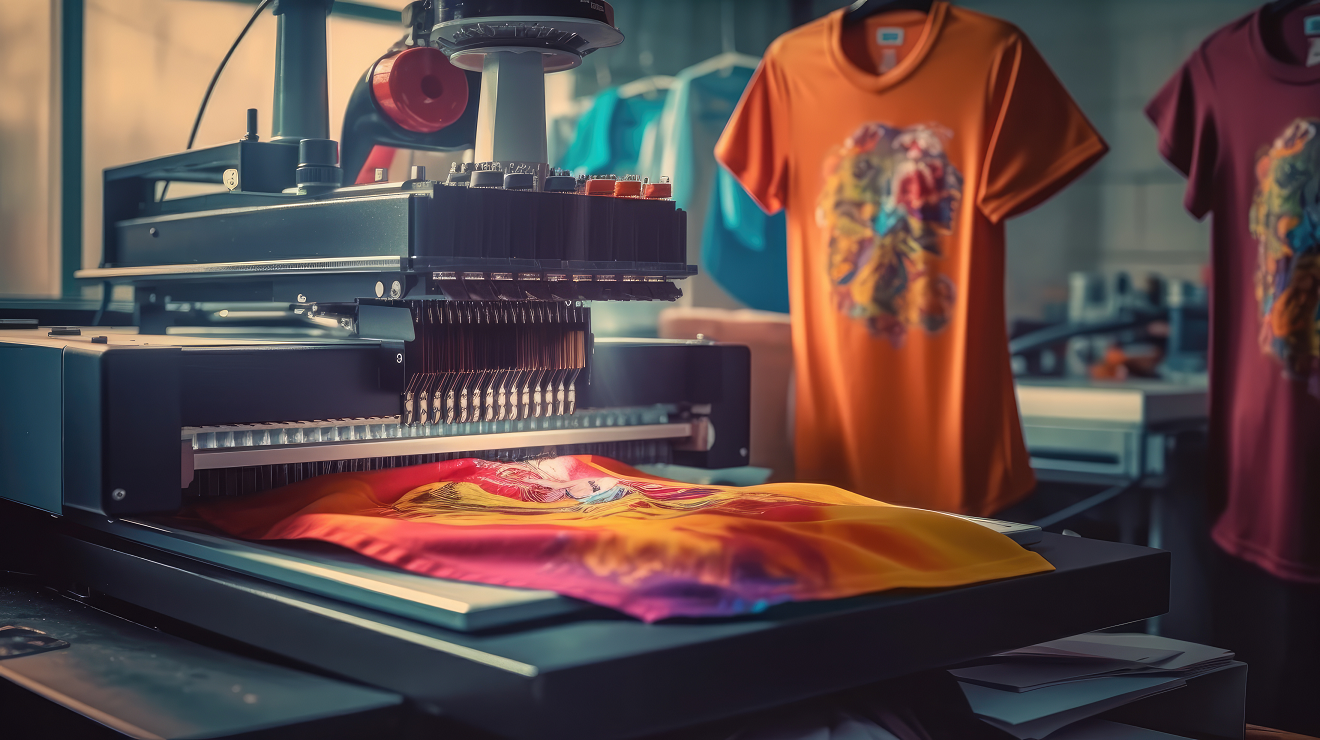Scaling Success: Leveraging EDI Solutions for Emerging Fashion Brands in Major Retail Ventures
The world of fashion is a vibrant tapestry of creativity, innovation, and ever-changing trends. Up-and-coming fashion brands, fueled by passion and vision, are carving their niche in this dynamic landscape. As these brands gain momentum and set their sights on expansion, venturing into partnerships with major retailers is a strategic move that promises growth and exposure. To seamlessly navigate the complexities of this transition, having an Electronic Data Interchange (EDI) solution in place becomes an indispensable tool in customer management and retention. It is important to understand the importance of EDI solutions growing fashion brands and their role in selling to major retailers.
Preparing for Growth: The Role of EDI Solutions
Emerging fashion brands often face a turning point where their unique designs and products catch the eye of major retailers. While this partnership holds the potential for tremendous growth, it also introduces a new level of operational intricacies. These brands need to streamline their operations, ensure accurate communication, and align with the retail giant's fast-paced demands. Here, EDI solutions step in as a powerful mechanism for orchestrating seamless transactions across the supply chain and establishing a strong foundation for success.
The Crucial Role of Fashion Industry EDI in Selling to Major Retailers
Electronic Data Interchange (EDI) is the digital bridge that connects business systems across different organizations. When it comes to selling to major retailers, EDI solutions offer a plethora of benefits:
Efficiency and Speed: EDI eliminates manual processes, reducing the risk of errors and expediting order processing, invoicing, and fulfillment. This efficiency aligns with the swift pace of major retailers' operations.
Accurate Data Exchange: EDI ensures precise communication, minimizing misunderstandings and discrepancies. This accuracy fosters trust and reliability between up-and-coming brands and their retail partners.
Real-time Visibility: With EDI functionality being fully integrated with fashion erp systems, brands gain real-time insights into inventory levels, order statuses, and shipments. This visibility empowers robust inventory management, informed decision-making and proactive issue resolution across the fashion supply chain.
Cost Savings: By reducing paper-based processes and manual labor, EDI solutions lead to significant cost savings in the long run, allowing brands to allocate resources strategically.
Scalability: As apparel and footwear brands grow, EDI solutions seamlessly scale to accommodate higher transaction volumes and evolving fashion and apparel business needs.
Retail EDI for DC and Store Shipments:
Retail EDI, or Electronic Data Interchange, plays a pivotal role in streamlining the intricate supply chain processes between suppliers and major retailers for both distribution center (DC) and in-store shipments. For DC shipments, retail EDI facilitates the seamless exchange of standardized electronic documents such as purchase orders, advanced shipping notices (ASNs), and invoices. This automation ensures that accurate product information, quantities, and delivery details are transmitted between systems, reducing manual errors and expediting order processing.
Retailers can efficiently manage their inventory levels, plan for restocking, and optimize distribution operations, leading to timely replenishments and optimal stock levels at their DCs. Similarly, for in-store shipments, retail EDI enables smooth communication between suppliers and retailers, ensuring that products are delivered on time and in the correct quantities to individual store locations. This efficiency not only enhances supply chain visibility but also contributes to improved inventory management and customer satisfaction.
Direct-to-Consumer EDI for Retailers:
In contrast, Direct-to-Consumer (DTC) EDI is tailored for the evolving landscape of retail where apparel companies engage directly with end consumers through various digital channels, bypassing traditional retailer intermediaries. DTC EDI facilitates the exchange of information related to online orders, shipment notifications, and customer returns. When a customer places an order on the brand's website, DTC EDI ensures the seamless transmission of order details, enabling accurate processing and fulfillment. Shipment notifications keep customers informed about delivery progress, contributing to a positive post-purchase experience.
DTC EDI also plays a critical role in handling returns efficiently, facilitating the reverse flow of information and enabling brands to manage the return process seamlessly. By leveraging DTC EDI, retailers can cultivate stronger connections with consumers, provide personalized experiences, and effectively manage the end-to-end customer journey while maintaining control over their brand image and customer relationships.
How EDI Can Minimize Returns in the Apparel Industry
Implementing reliable EDI solutions with robust support can significantly reduce returns for fashion brands. Accurate and efficient data exchange through EDI minimizes order inaccuracies and communication errors, leading to fewer instances of incorrect sizes, colors, or styles being shipped. This, in turn, enhances customer satisfaction and reduces the likelihood of returns due to product discrepancies.
Additionally, prompt support provided by a dedicated team ensures swift issue resolution, preventing potential return triggers from escalating. By ensuring seamless EDI operations and responsive support, fashion brands can not only enhance their reputation but also curtail return rates, ultimately driving greater profitability and customer loyalty.
EDI-Related Chargebacks Can Narrow Margins
EDI-related chargebacks can be a significant concern for apparel industry brands aiming to establish themselves in partnerships with major retailers. These chargebacks can stem from errors in data transmission, such as inaccurate shipping information, late deliveries, or pricing discrepancies.
However, having a dedicated support system and seamless integration with specialized apparel enterprise resource planning (ERP) software can act as a shield against such chargebacks. A dedicated support team offers timely assistance in resolving any EDI-related issues, ensuring accurate data exchange, optimized business processes, and alignment with retailer requirements.
Moreover, a comprehensive integration with apparel ERP software enables real-time visibility into inventory, order processing, and shipment status, minimizing the risk of errors and discrepancies. By leveraging these combined strengths, fashion brands can proactively prevent EDI-related chargebacks, fostering stronger relationships with retailers and securing their growth trajectory.
The ABS Fashion ERP Solution: A Comprehensive EDI Solution and Service
As new fashion brands stand on the threshold of growth, the ABS Fashion ERP solution emerges as a beacon of comprehensive support. Not only does it empower these brands with an array of advanced tools for managing their operations, but it also offers a robust EDI solution that caters to the unique needs of the fashion industry.
Key Features of ABS Fashion ERP Software with EDI Solutions:
Retailer Integration: ABS Fashion ERP integrates seamlessly with major retailers' systems, establishing a direct connection for smooth data exchange.
Automated Workflows: The solution automates order processing, invoicing, and other key functions, reducing manual efforts and errors.
Customization: ABS enterprise resource planning software and EDI solutions can be tailored to match the specific requirements and formats of different retailers, ensuring compatibility and compliance.
Real-time Tracking: Brands can streamline operations by tracking orders, shipments, and inventory in real-time, allowing for proactive decision-making and timely updates to retail partners.
Reliable Support: ABS Fashion ERP provides dedicated customer support, ensuring that up-and-coming brands have the guidance they need to navigate the world of EDI seamlessly.
The Future of Your Business Starts with ABS
For emerging fashion brands poised for growth, partnerships with major retailers offer unparalleled opportunities. However, capitalizing on these opportunities demands meticulous planning, efficient operations, and seamless communication. Fashion industry software integrated with EDI solutions act as the linchpin in this equation, enabling accurate, efficient, and scalable data exchange.
In this pursuit, Apparel Business Systems' Fashion ERP software shines as a comprehensive EDI solution and service provider. With its cloud-based tailored approach to the fashion industry, the ABS apparel management software equips brands with the tools they need to thrive in the competitive retail landscape. As fashion and apparel businesses embrace ABS Fashion ERP's EDI and order management solution, they position themselves for sustained growth, operational excellence, and a prosperous future in the realm of fashion retail.
Want to learn more? We'd love to learn more about your path to success! Let's schedule a brief introductory chat. info@apparelbusiness.com


We will get back to you as soon as possible.
4325 Alexander Drive, Suite 100
Alpharetta, GA 30022-3740
Apparel Business Systems | All Rights Reserved










